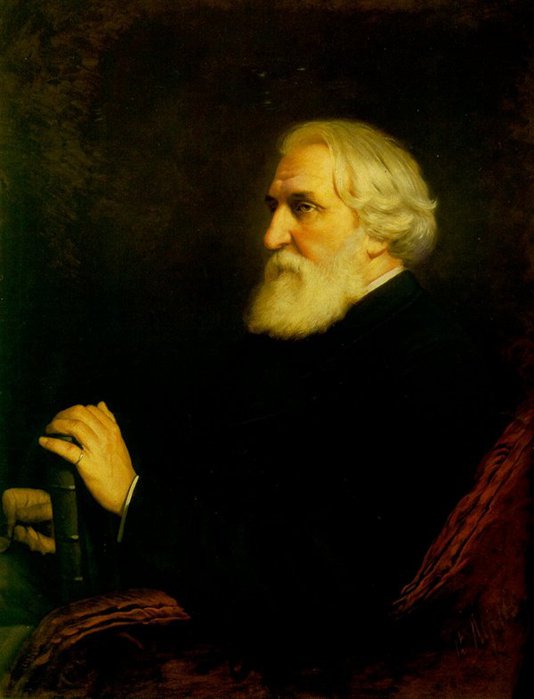
Lichen in a Tree
A few weeks ago, in Germany, at a second-hand book sale, I acquired a copy of Turgenev’s Fathers and Sons for half a Euro. That is one eight of the cost of a large latte. Published in 1862, the book depicts the conflict between traditionalists and intellectuals, manifest as a conflict between generations. Bazarov, a resolute nihilist, occupies centre stage. He believes in nothing, in love least of all. The strong impressions that remain with the reader, though, are not those left by his rhetoric, but the quiet presence of auxiliary characters like Bazarov’s parents, whom he largely deems unworthy of attention. At one point his mother, Arina Vlasievna ‘pressed her grey head’ to his father’s and said: ‘”Never mind, my Vasia. True, our son has broken away from us; he is like a falcon—he has flown hither, he has flown thither, as he willed: but you and I, like lichen in a hollow tree, are still side by side, we are not parted. And ever I shall be the same to you, as you will be the same to me.” Taking his hands from his face, Vasili Ivanitch embraced his old comrade, his wife, as never—no, not even during the days of his courtship—he had done before. And thus she comforted him.’ Strong winds may agitate the crowns of trees a while, then die away. The lichen remains, be it in the trunk of fallen stems.
